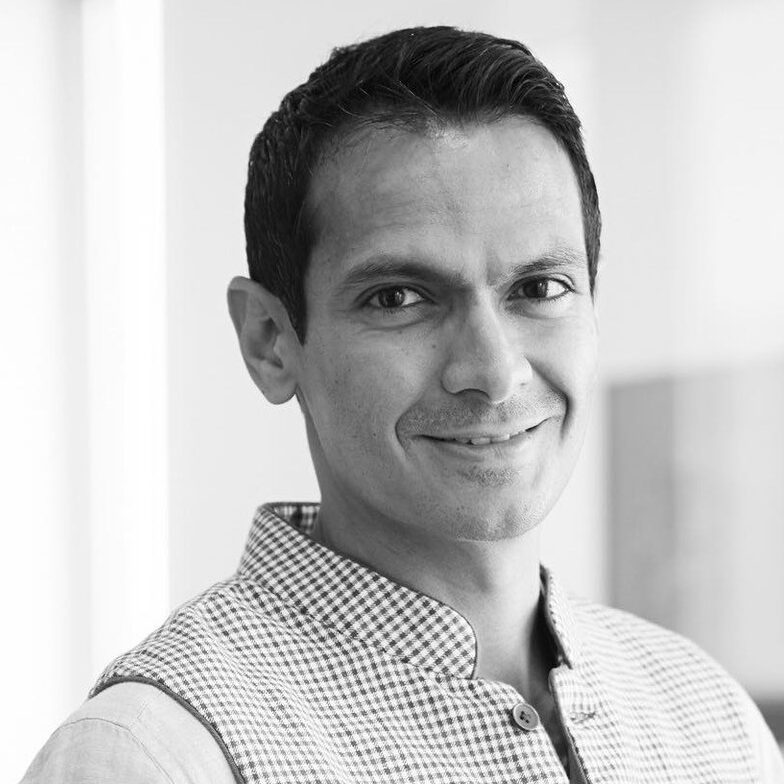
Satchit Balsari
Dr. Satchit Balsari is an Associate Professor in Emergency Medicine at Harvard Medical School and in Global Health and Population at the Harvard T.H. Chan School of Public Health. The Balsari Lab studies the impact of public health emergencies, disasters, and war on vulnerable populations. The Lab collaborates with populations in distress, humanitarian response agencies, civil society organizations, governments, and international agencies to reduce information asymmetries that threaten to exclude the poor and disadvantaged from decisions that impact their lives. Leveraging team mobile technology, data science, machine learning, and mixed methods, the Lab has built digital decision support tools to advance clinical and population health outcomes in underserved communities globally. BalsariLab.com
The Salata Institute
The Salata Institute supports interdisciplinary research that leads to real-world action, including high-risk/high-reward projects by researchers already working in the climate area and new endeavors that make it easier for Harvard scholars, who have not worked on climate problems, to do so. Faculty interested in the Climate Research Clusters program should note an upcoming deadline for concepts on April 1, 2024.